
-
Glyphosate 41% IPA
Glyphosate is a non-selective and no residual sterilant herbicide which has a high effect on the perennial weed killing. It is widely used for the weed control and killing in corn plants, beans plants, tea, and other fruits plant trees, etc.Tags : Glyphosate 480 g/L IPA Glyphosate 41% AM CAS No: 1071-83-6 Glyphosate factory Glyphosate 95%TC 41% IPA Non-selective herbicides Glyphosate
-
Chlorpyrifos 97%TC
Insecticide Chlorpyrifos 20% 40% 48% 50% EC 97% TCTags : CAS No: 2921-88-2 Formulation Factory Chlorpyrifos 40%EC Chlorpyrifos 48%EC Insecticidal spectrum
-
Imidacloprid 97%TC
Imidacloprid is an antagonist by binding to postsynaptic nicotinic receptors in the insect central nervous system. -
Lambda-cyhalothrin 95% TC
Control of a wide spectrum of insect pests, e.g. aphids, Colorado beetles, thrips, Lepidoptera larvae, Coleoptera larvae and adults, etc., in cereals, hops, ornamentals, potatoes, vegetables, cotton, and other crops. Provides good control of insect-borne plant viruses, at 2-5 g/ha. Also used for control of insect pests in public health. -
Paraquat 42% TC 50% TC 20% SL
It kills a wide range of annual grasses and broad-leaved weeds and the tips of established perennial weeds. It is very fast-acting. It is rain-fast within minutes of application. It is partially inactivated upon contact with soil.Tags : CAS:1910-42-5 Quick killing weed Paraquat Non-selective herbicides Paraquat Defoliant Paraquat Paraquat 20%SL Paraquat 50% W/V TC
-
Ametryn 97% TC
This product is a triazobenzene selective internal absorption conduction herbicide. Colorless crystals. In the water solubility of 185 mg/L (20 ℃). Soluble in organic solvents. Hydrolysis with strong acids and bases to form 6-hydroxyl groups. It is a selective herbicide and can inhibit photosynthesis of plants. Herbicidal effect is rapid, can be 0-5 cm soil adsorption, the formation of layer, so that weeds germination unearthed when the contact agent. It is most effective against germinating weeds. Used for controlling weeds in annual fields such as corns and sugarcane fields. -
Benomyl 95%TC,50%WP
Benomyl is effective as a pre-harvest systemic fungicide, and as a post-harvest dip or dust treatment for the protection of fruits, seeds and vegetables in storage. It controls a wide range of fungal diseases of fruits, nuts, vegetables, field crops, turf and ornamentals. Powdery mildew, apple scab and grey mould fungus are well controlled. It is also effective against mites. -
2,4-D 96%TC
Dosage e.g. Control of annual broadleaf weeds on winter wheat: 216~288g a.i./ha. Specific dosage depends on different situation. Application method Spray on stem and foliar -
Fipronil 95% TC
Fipronil pesticide is a highly active, broad-spectrum insecticide -
Brodifacoum 95%TC
This product is a rodent drugs, is the second generation anticoagulant rodenticide, can poison a few days on a Have lethal effects of various rodents. It can be used in various environments of food, drinks, non-staple food and selling units, urban, rural, residential, Bin Museum, restaurants, warehouses, vehicles, ships and field environmental rodent. -
Oxytetracycline Dihydrate
Oxytetracycline Dihydrate, also known as oxytetracycline, is a broad-spectrum antimicrobial antibiotic. Terramycin mainly by interfering with bacterial protein synthesis and have antiseptic effect, antibacterial spectrum similar to tetracycline, for most gram-positive bacterium and negative bacteria, rickettsia, chlamydia trachomatis, actinomycetes and helix, used in the treatment of upper respiratory tract infection, gastrointestinal infection, conjunctivitis, pneumonia and skin purulent infection.Tags : CAS No.: 6153-64-6 Oxytetracycline Dihydrate 98% Assay:95.0~100.0%
-
Griseofulvin
Our this API to be produced the goods that has an inhibitory effect on various dermatophytes, including dermatophytes, dermatophytes and microsporophytes.It has no effect on tinea versicolor, white beadiness and bacteria,and it has the bacteriostatic effect, is effective to the growth exuberant fungus.This product is used for tinea capitis, tinea carina, tinea imbria, tinea pedis and tinea corporis caused by sensitive fungi.
 call us :
call us :  send a message :
send a message : 









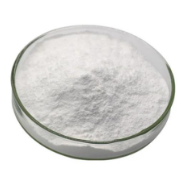
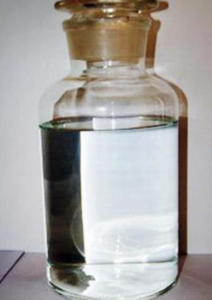
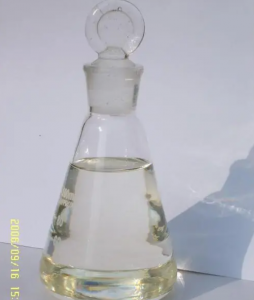
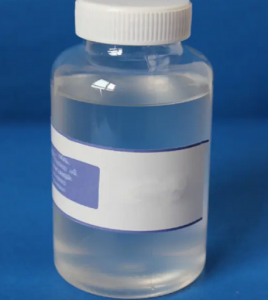
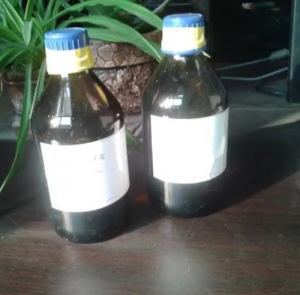
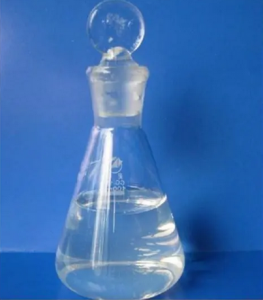














 online service
online service +8613866722531
+8613866722531

 +8613866722531
+8613866722531